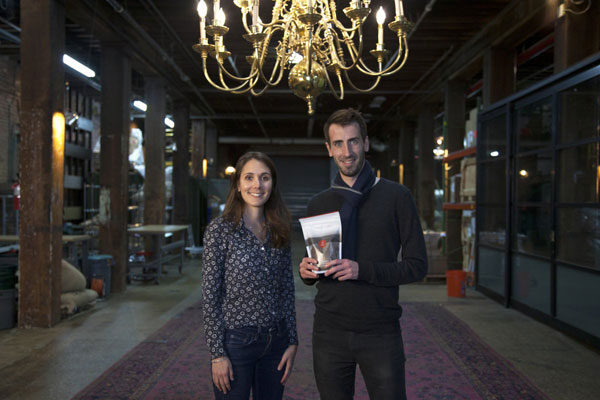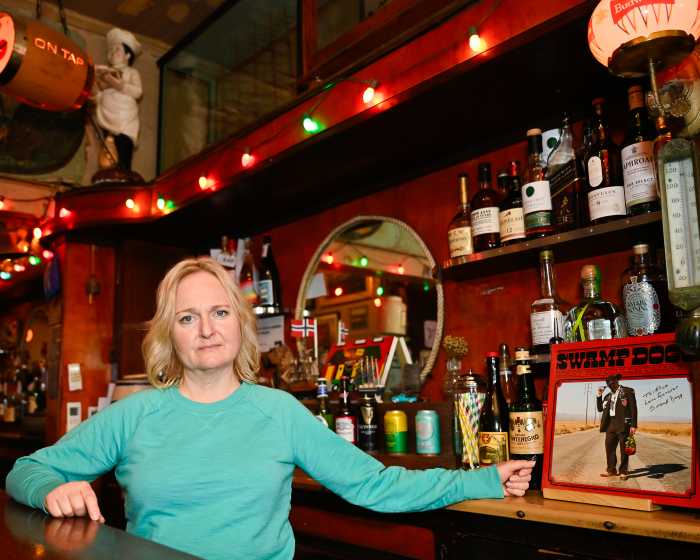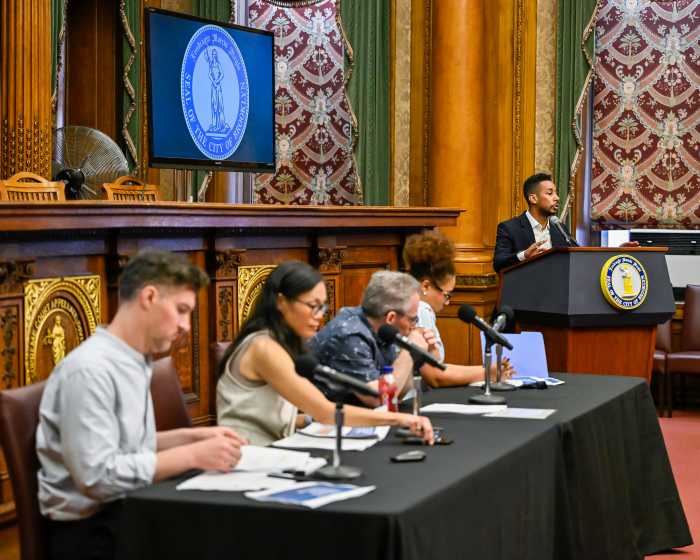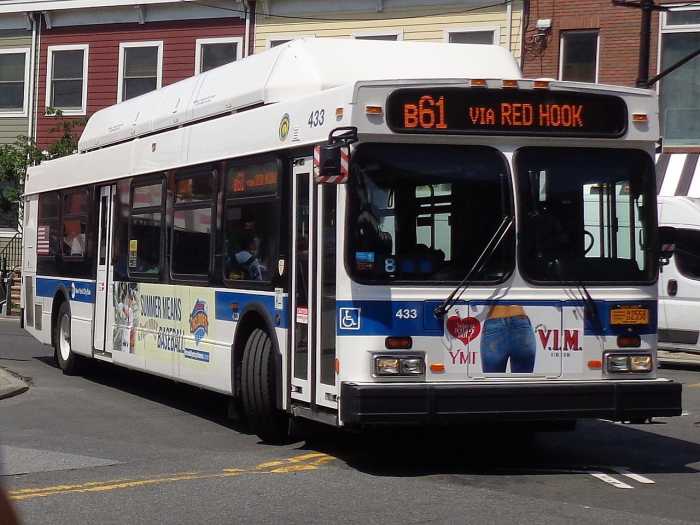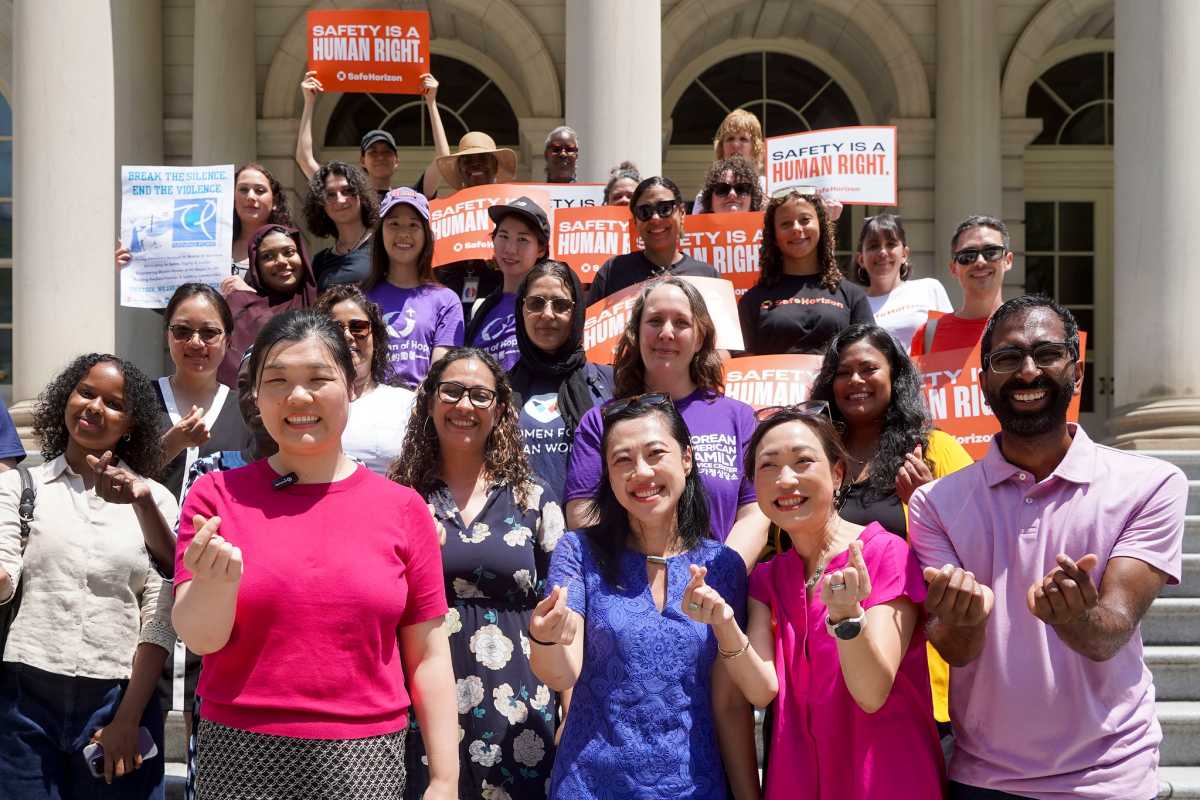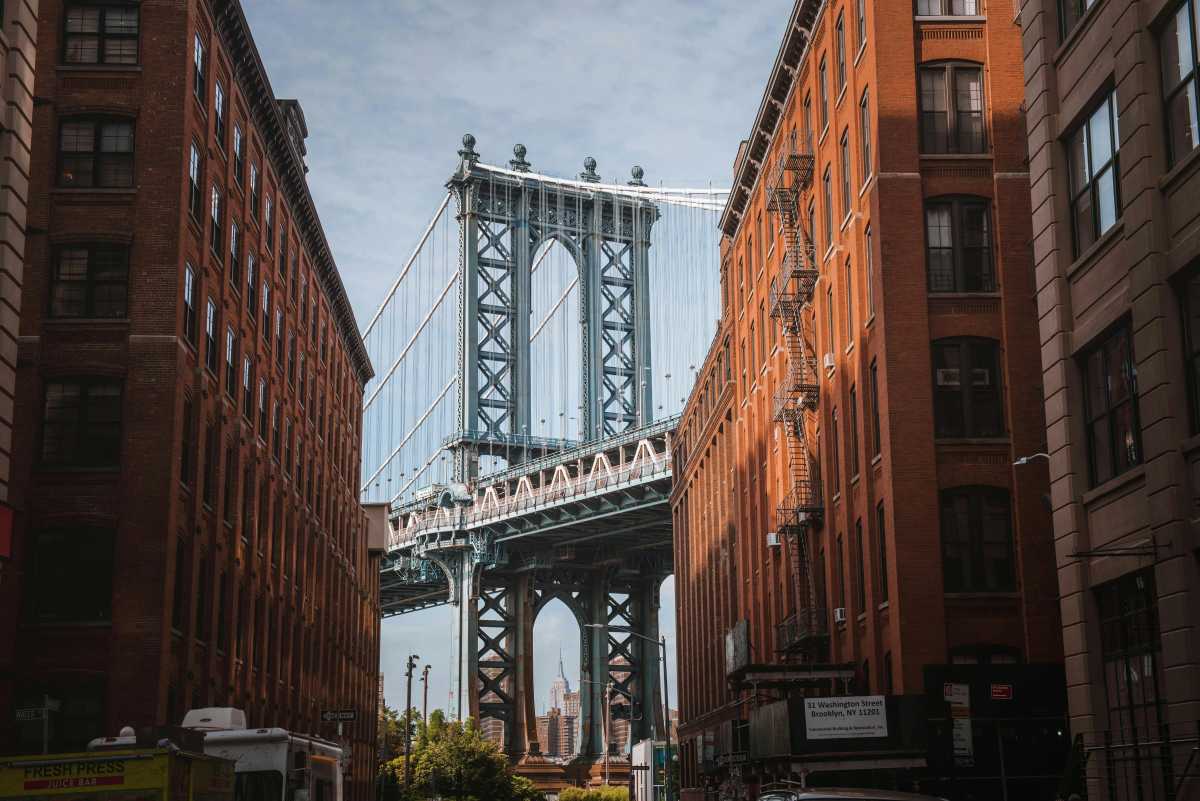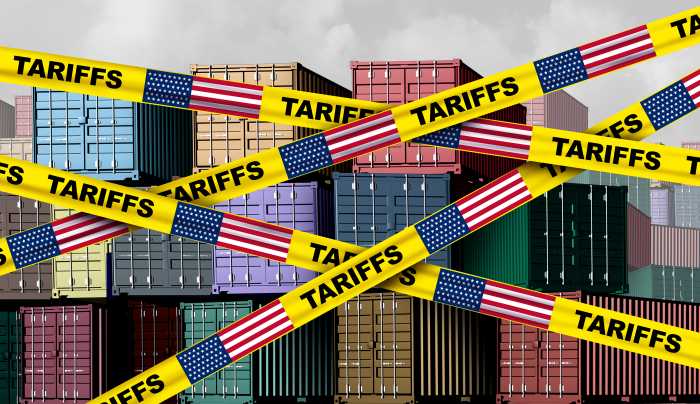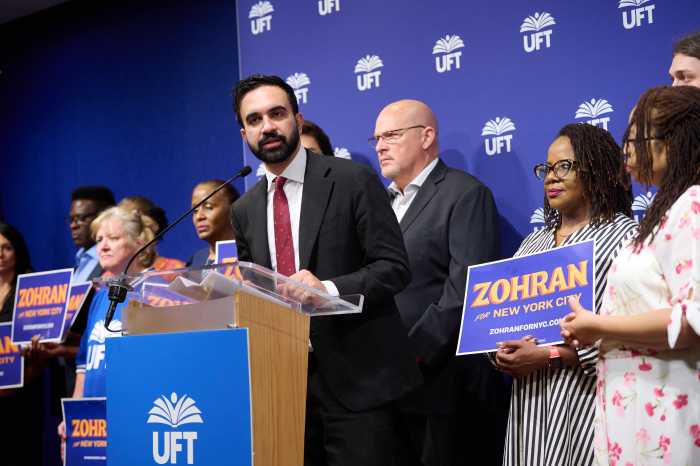It is cat-poop coffee — without the cats or the poop!
A pair of scientists working in Red Hook have created an ethical, excrement-free alternative to kopi luwak — the cult Southeast Asian coffee typically made by forcing mongoose-like mammals known as “civet cats” to eat coffee beans so they stew in its gut bacteria and take on a distinctive flavor before coming out the animal’s other end — and one coffee expert says it is about time.
“Caged, force-fed cats is truly a terrible thought,” said Steve Mierisch, founder of the Pulley Collective — a co-operative roasting facility on Van Dyke Street where microbiologist Camille Delebecque and flavor scientist Sophie Deterre toast their beans. “If you are a fan of kopi luwak coffee then any alternative not involving animals is better.”
Instead of feline intestines, Delebecque and Deterre ferment their coffee with flavor-molecule-munching microbes in a lab, before roasting it at the Hook Pulley Collective.
The duo have now turned their cultured coffee into a company, dubbed Afineur, after rustling up more than $50,000 through Greenpoint crowd-funding website Kickstarter earlier this year, and recently began retailing their beans online.
The pair used their scientific nous to hand-pick microorganisms that cultivate specific flavors in the beans — and say their bug stew cuts out bitterness and gives their brew unique floral and fruity notes.
“Microbes chew away basic flavor molecules and leave us with more interesting ones,” said Delebecque.
Kopi luwak became a fad about five years back when enterprising cafes and roasters began importing the hard-to-get beans from Indonesia and the Philippines and charging up to $30 a cup for a taste — which earned the product a reputation as “the world’s most expensive coffee.”
But the style has fallen out of favor in recent years, after animal rights activists revealed how cruelly many civet coffee farmers treat their furry workers, locking them in tiny cages and feeding them nothing but coffee cherries — the fruit that yields the precious caffeinated beans.
Afineur has solved the moral issues, but its high-tech process doesn’t come cheap — the company is currently charging $29 for a five-ounce bag of its beans, or around enough for five cups.
But their product may be even rarer than beans fished out of animal dung — Afineur is likely the first to ferment coffee in a tightly controlled lab environment, Mierisch said.
“They are the first to my knowledge to try and isolate and control fermentation after the coffee has been processed at origin countries,” he said.



